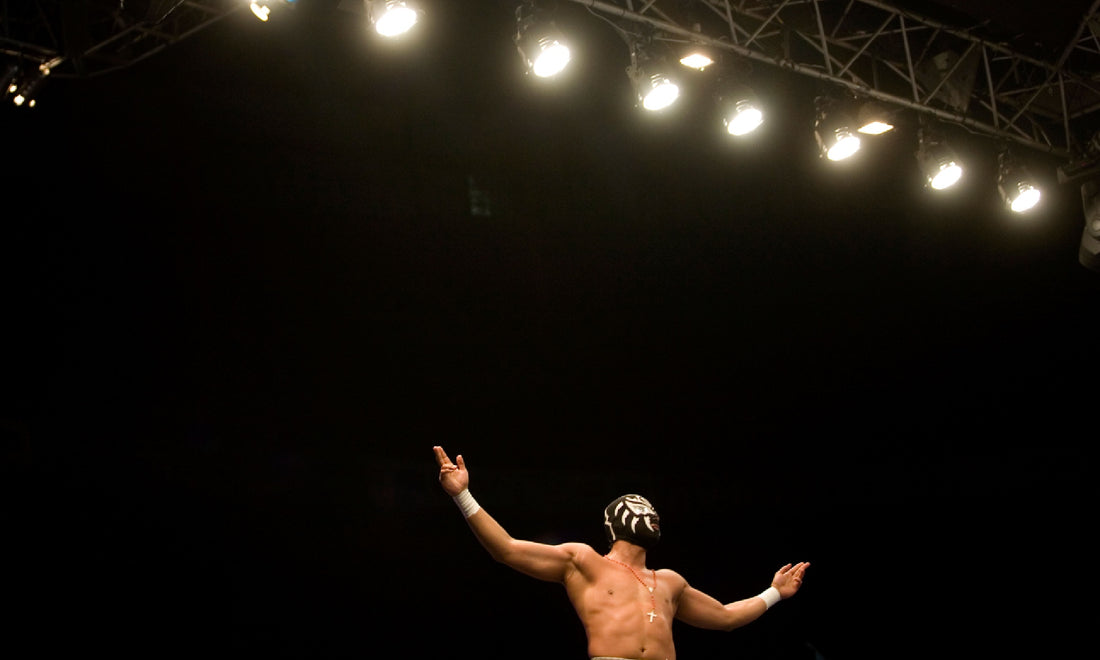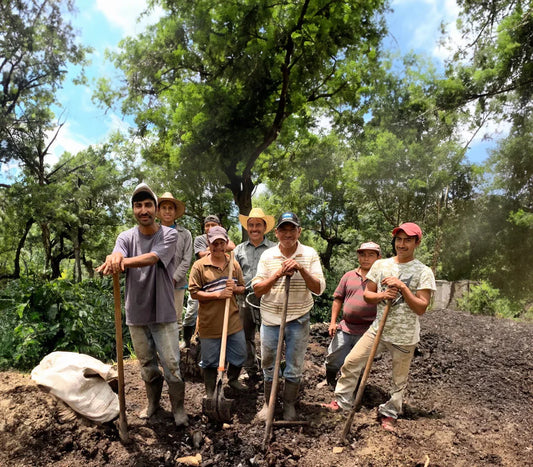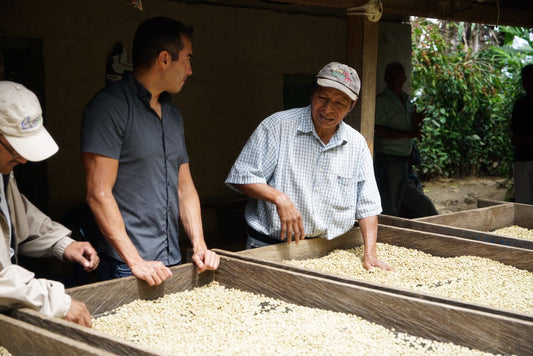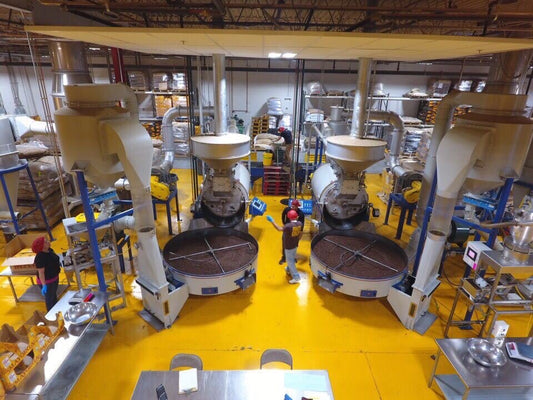
Lucha Libre: A Metaphor for Life
The beloved sport is drenched in symbolism.
Avid fans say if you have never seen a lucha libre fight in the Arena México in Ciudad de México, you haven’t lived.
From the colorful masks to the luchadores' unique personalities, lucha libre is way more than just a sport.
Lucha Libre and Mexican Culture
And it has played an important part in Mexican culture since the 1950s when it grabbed mainstream popularity thanks to comic books and movies featuring our masked heroes.
"The sport became famous mainly due to its masked wrestlers, who incorporated their family traditions, beliefs and fears into the design of their masks, transforming an ordinary person into a fearless character," Javier Pereda, who studied the cultural significance of his favorite sport, explains.
"It integrated national legends and beliefs, placing them in local and identifiable concepts in the Mexican popular imagination."
That's because lucha libre gives a face to good and evil. It represents working-class values such as justice and honesty and, as such, it defines Mexico's cultural and moral standards.
As journalist Roberto José Andrade Franco notes: "Part sport and all drama, it's a metaphor for life".
Over the years, lucha libre has become such a huge part of our lives that it has been officially recognized by Unesco as an "intangible" part of Mexican culture and heritage.
"It is a sport and a show but also a stage performance – a game, magic, a theater of life with fabulous characters endowed with physical strength but also with values," Eduardo Vásquez, the Secretary of State, said at the time.
"It symbolizes the struggle between good and evil. It is a ritual, a rough and crude job that is also an art of fine execution. It is one of the most deeply rooted expressions of popular urban culture in our city and country."

The Good, the Bad, and the Exótico
Created by Mexican wrestler Enrique Ugartechea in 1863 and reintroduced to audiences in 1933 by the "father of lucha libre", Salvador Lutteroth González, what makes a lucha libre match truly special is the masked luchadores.
From técnicos to rudos, exóticos and los minis, each character is known by their specially designed mask. All of which are rich in symbolism and references to Mexican culture, including Aztec symbols and mythical creatures.
"The mask is the most important accessory in lucha libre because the mask makes the warrior," Magno, a popular luchador, explains.
Retired luchador and now wrestling manager Hugo Savinovich agrees: "You will never catch a mascarada (masked wrestler) without a mask because the mask is everything. It's what drives lucha to another level".
The most well-known masked luchador is undoubtedly El Santo or El Mascarado de Plata.
El Santo would even wear his mask when not in the ring and only removed his trademark silver mask at the very end of his career in 1984. He passed away ten days later and was buried with his máscara.
These masks, as J. Gonzo, the creator of La Mano del Destino, a luchador comic book, notes, are not "donned by the luchador to conceal his identity but rather to reveal it".
As lucha libre fan Luis Garcia explains: "The mask is closely tied to what the wrestler identifies as. It symbolizes that he's a hero, a villain, a ghost, a warrior, a skeleton, a god. It also emphasizes the qualities of the wrestler: strength, cunning, darkness, hope, religion, etc.
"That's why taking someone's mask off is a sacrilegious act in lucha libre. You're reducing this powerful, mythical hero to a mere human. I have heard that it's actually illegal to do so in professional matches unless the wrestler agrees to risk his mask, although, to be honest, that might just be lucha libre lore."

A Sport for Everyone
"Who do you think is going to come out today, dad?" Jay Noah López excitedly asks his dad, standing next to the ring on fight night recently. "I hope Red Viper comes out first."
Minutes later the luchador appears.
"Aye, yi yi. Wow, mom!" Jay shouts.
But Jay is not the only excited 10-year-old in the crowd. That's because much of the appeal of lucha libre, for us, lies in the sport's family friendliness. It is watched by kids, parents, and grandparents – everyone gets in on the action. And everyone has a favorite, just like Jay.
"When you're at a movie, it's quiet and relaxed," Ernesto del Ral explains. Ernesto along with his wife and three kids ages five to 11 can often be seen at matches on Friday evenings.
"Here, you can yell, scream and get all the anger out of you. You can have fun and all that."
As such, parents are predominantly choosing to take their kids to lucha libre matches, not only to teach them about Mexican culture but also because it is a fun way to spend time together and not worry about any restrictions.
"It's like a game. They don't take it seriously. It's part of the show," Cristina Lamadrid explains.
Christina, too, takes her daughter to shows and says that she has never "acted out" outside of the matches. In fact, she still sometimes asks for permission before screaming at a match.
She says the matches have actually encouraged good behavior and come in handy as leverage.
"Every week around Wednesday, my daughter starts to ask me if we are going to the match. She knows if she doesn't clean her room, she cannot go.
"Her room is always clean."
And that is what makes lucha libre so powerful – its ability to construct a reality we all want to be a part of and live up to. It is storytelling, free from the burden of realism, that can convey undeniable truths.


